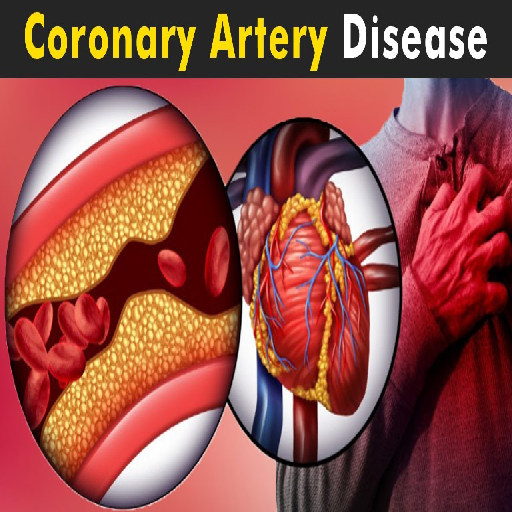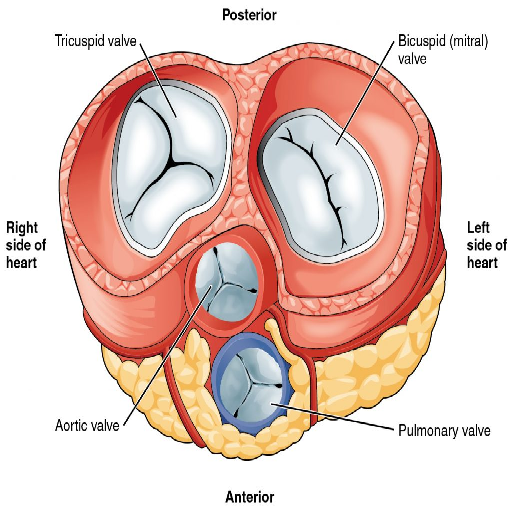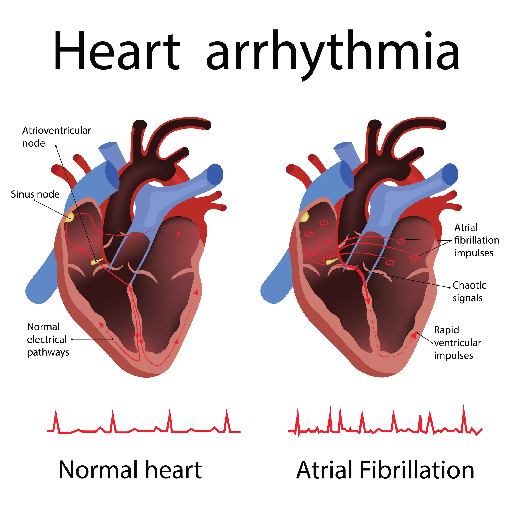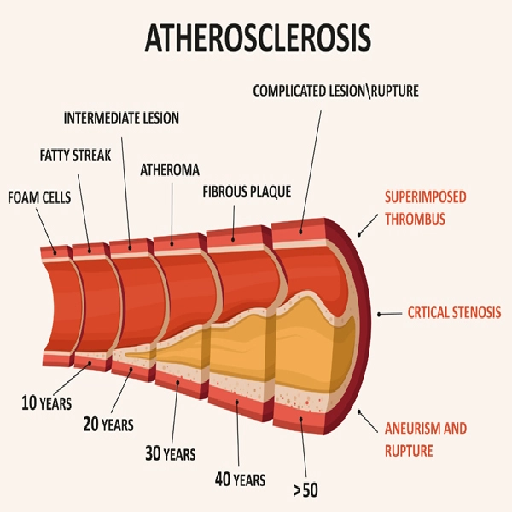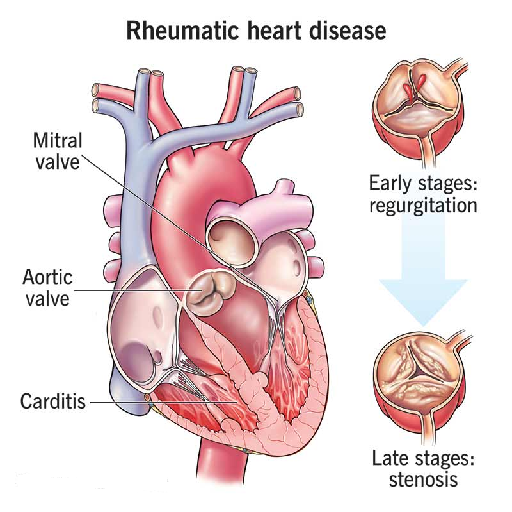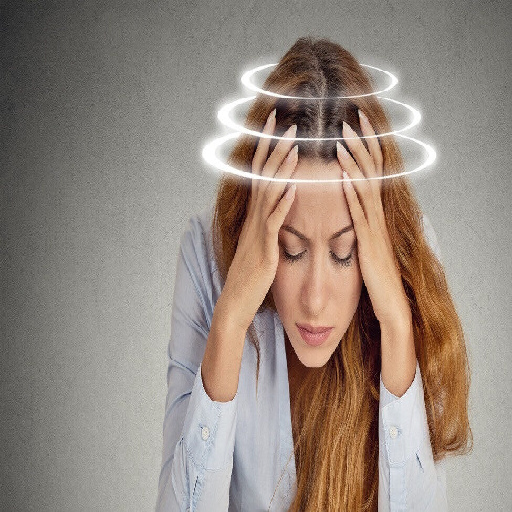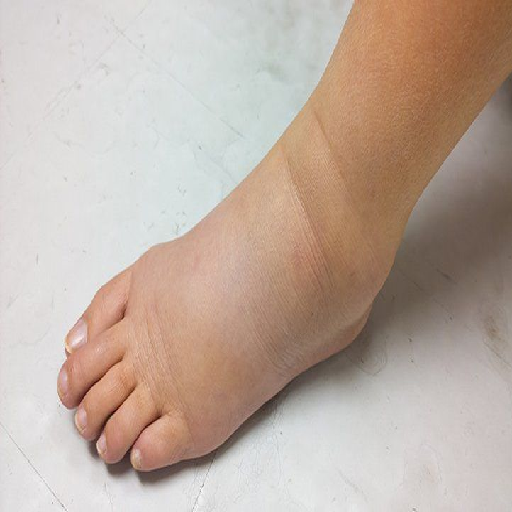Welcome to the Light-Headedness Information Hub of Best Cardiac Hospitals, your trusted resource for understanding this common yet often concerning symptom. Light-headedness, often described as feeling faint, dizzy, or unsteady, is a symptom that can range from mild and momentary to severe and persistent. While it’s usually harmless, it can sometimes signal underlying medical conditions, including cardiovascular issues. This guide will help you understand the causes, associated symptoms, diagnosis, and treatment options for light-headedness.
This hub is designed to equip you with a thorough understanding of light-headedness, its potential causes, and how it can be managed effectively. Whether you’re experiencing occasional episodes or persistent symptoms, this guide will provide insights into the associated symptoms, diagnostic procedures, and treatment options available. With the right knowledge and timely care, you can address light-headedness and improve your overall health.
What is Light-Headedness?
Light-headedness is a sensation of feeling faint, dizzy, or unsteady, often described as a feeling that
you might pass out. This sensation is usually temporary and can be triggered by factors like standing up too quickly (orthostatic hypotension), dehydration, low blood sugar, or fatigue. It typically resolves quickly when you sit or lie down, allowing blood flow to stabilize.
However, recurrent or persistent light-headedness may indicate an underlying health condition, such as:
- Inner Ear Disorders: Issues with balance caused by the vestibular system.
- Low Blood Pressure (Hypotension): Reduced blood flow to the brain.
- Heart Problems: Conditions like arrhythmias or heart valve disorders affecting circulation.
- Neurological Disorders: Migraines or other conditions affecting the brain.
- Medications: Side effects from certain drugs, such as those for high blood pressure.
Types of Light-Headedness
Light-headedness is a broad term that describes a feeling of faintness,
dizziness, or unsteadiness. It can be classified into different types based on its underlying cause and associated symptoms. Understanding these types can help in identifying potential health issues and seeking appropriate care.
1. Orthostatic (Postural) Light-Headedness
What It Is: Light-headedness that occurs when standing up too quickly from a sitting or lying position. It is caused by a sudden drop in blood pressure, also known as orthostatic hypotension.
Symptoms:
- Dizziness or faintness upon standing.
- Blurred or tunnel vision.
- Weakness or fatigue.
Common Causes:
- Dehydration.
- Certain medications (e.g., blood pressure medications, diuretics).
- Prolonged bed rest.
- Neurological disorders like Parkinson's disease.
Take the Next Step Toward Better Health
Light-headedness can be unsettling, but it doesn’t have to take control of your life. Whether your episodes are occasional or persistent, seeking the right care can make a significant difference. At Best Cardiac Hospitals, we specialize in diagnosing and treating the underlying causes of light-headedness, empowering you to take charge of your health and well-being.


